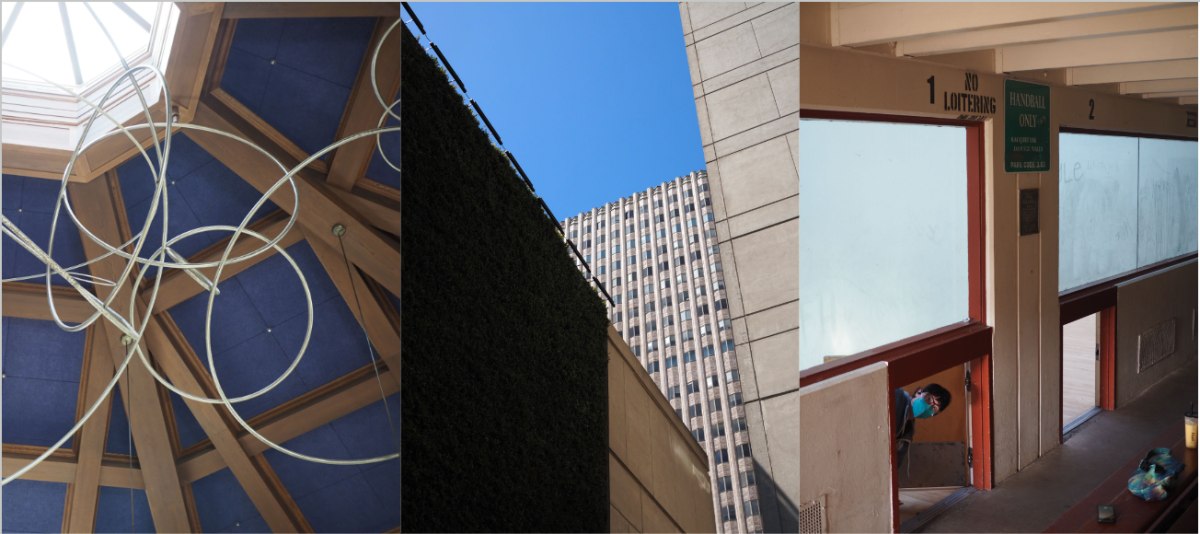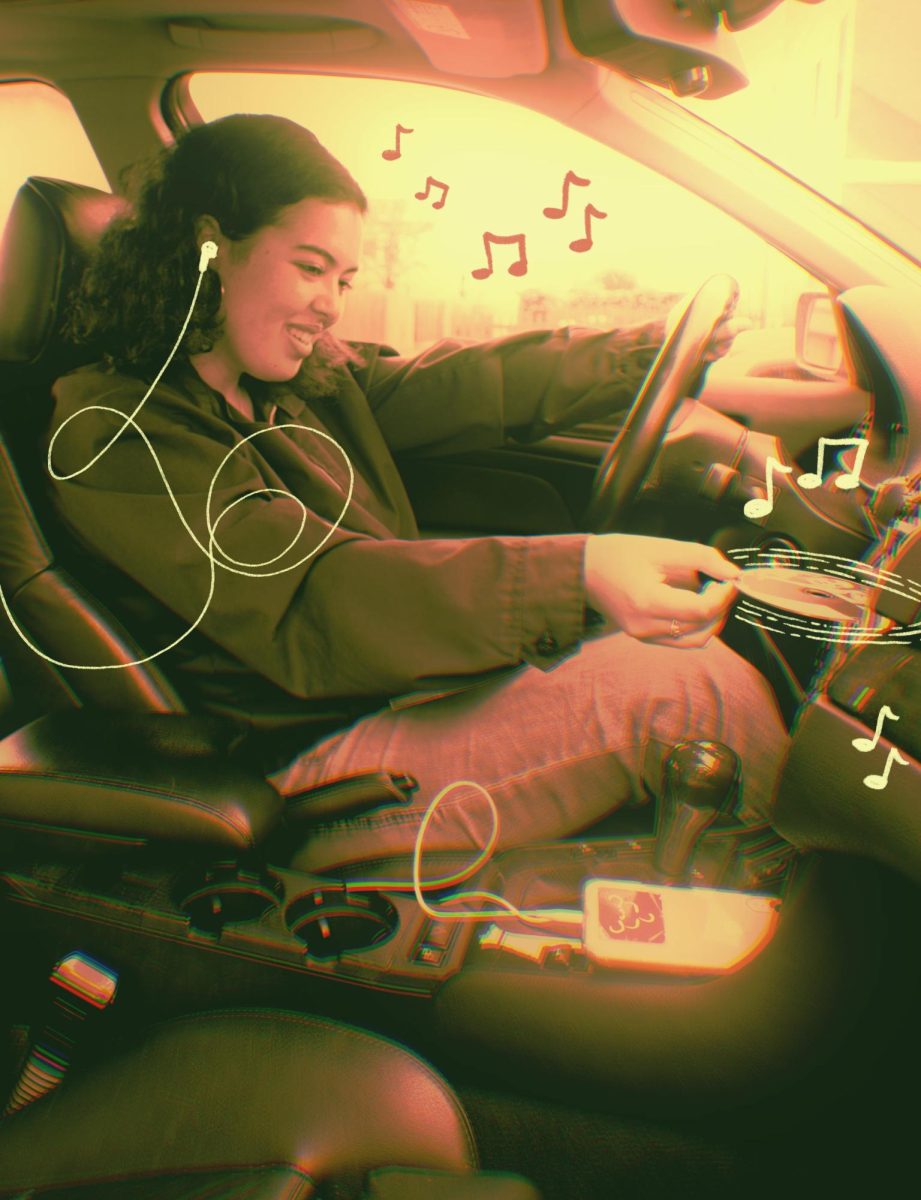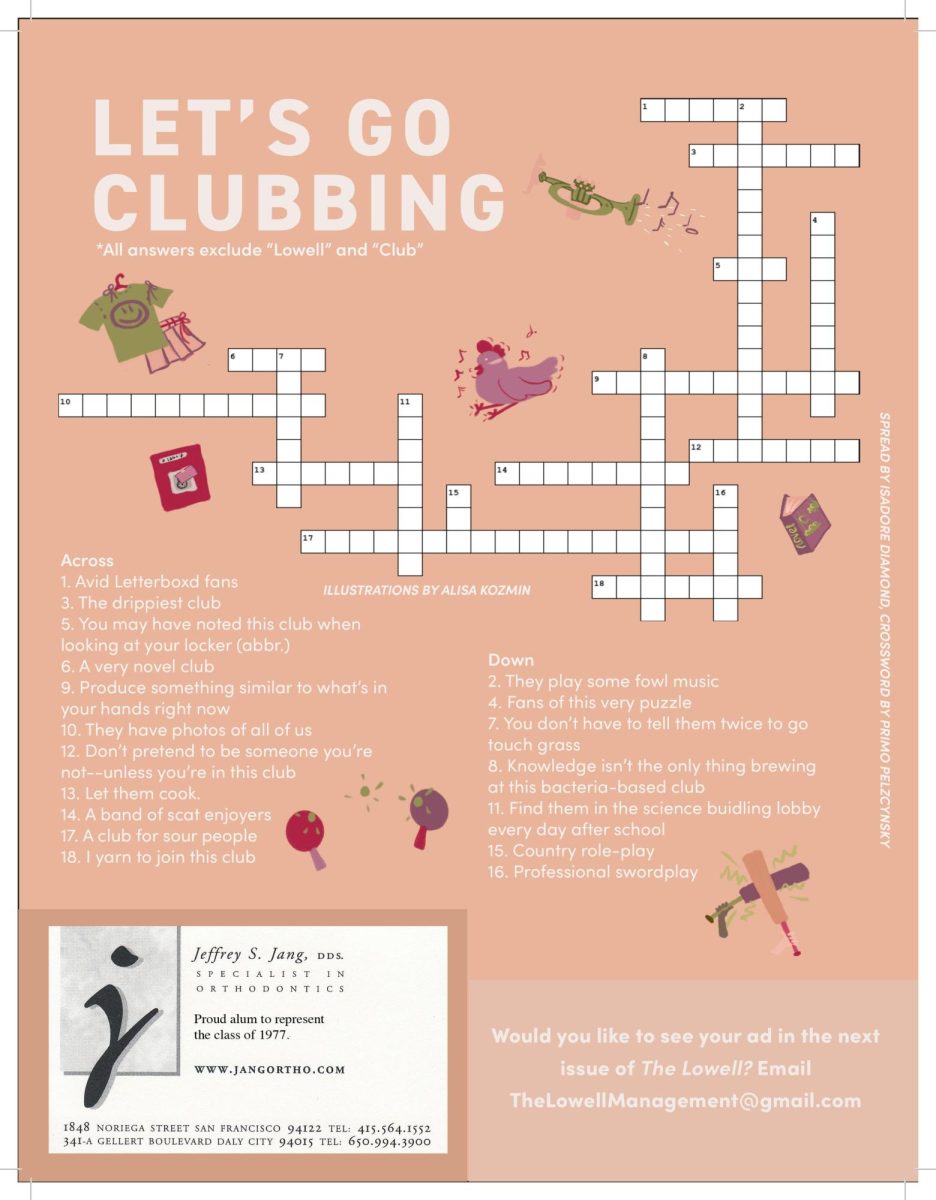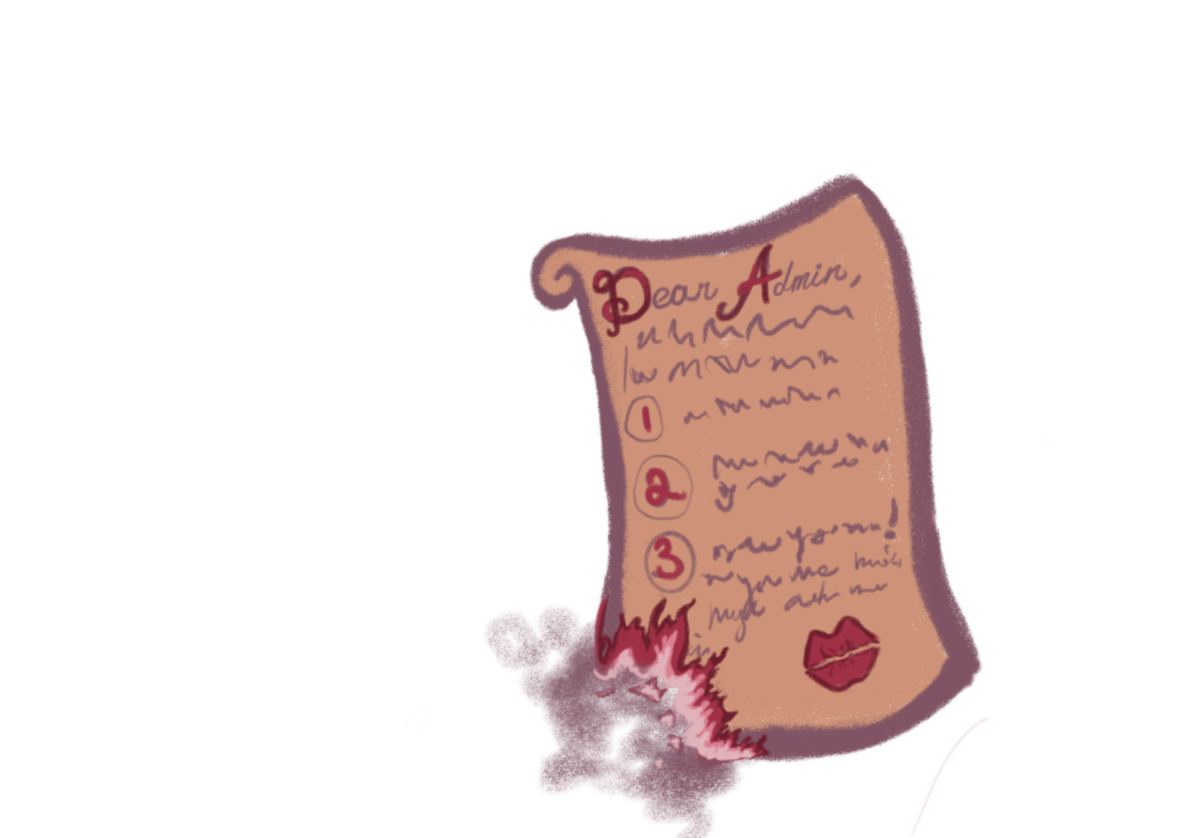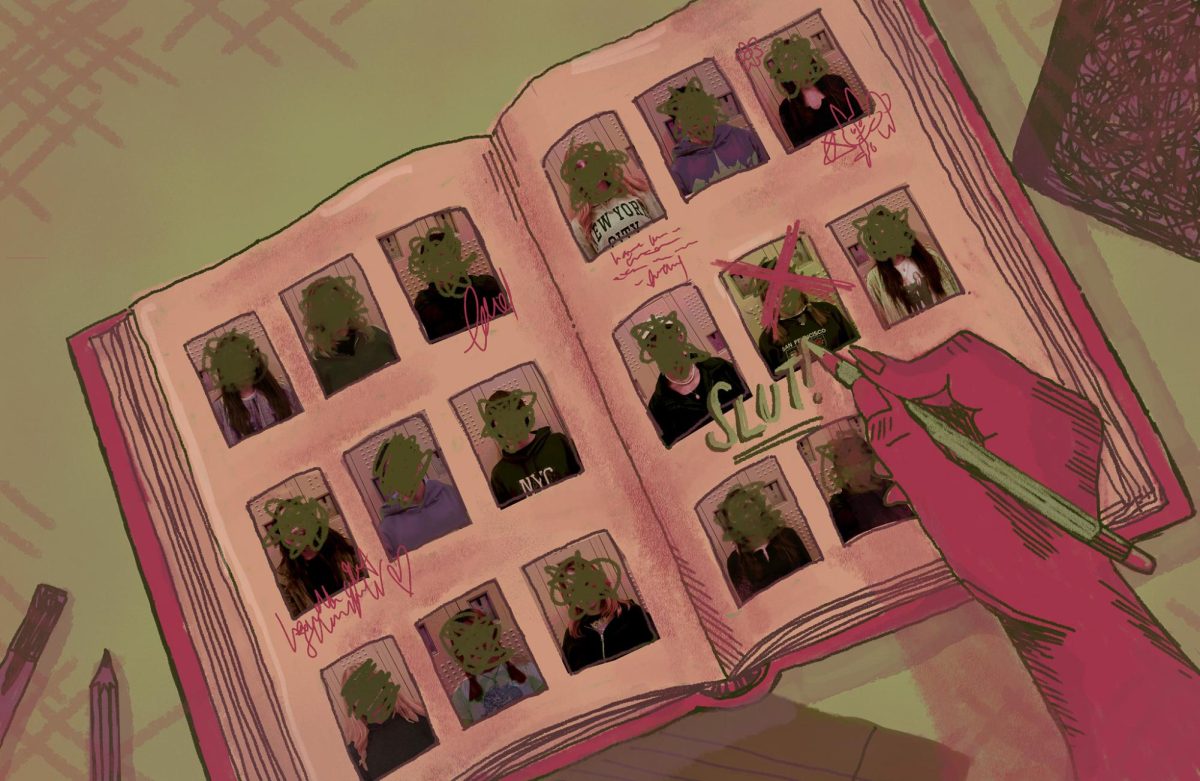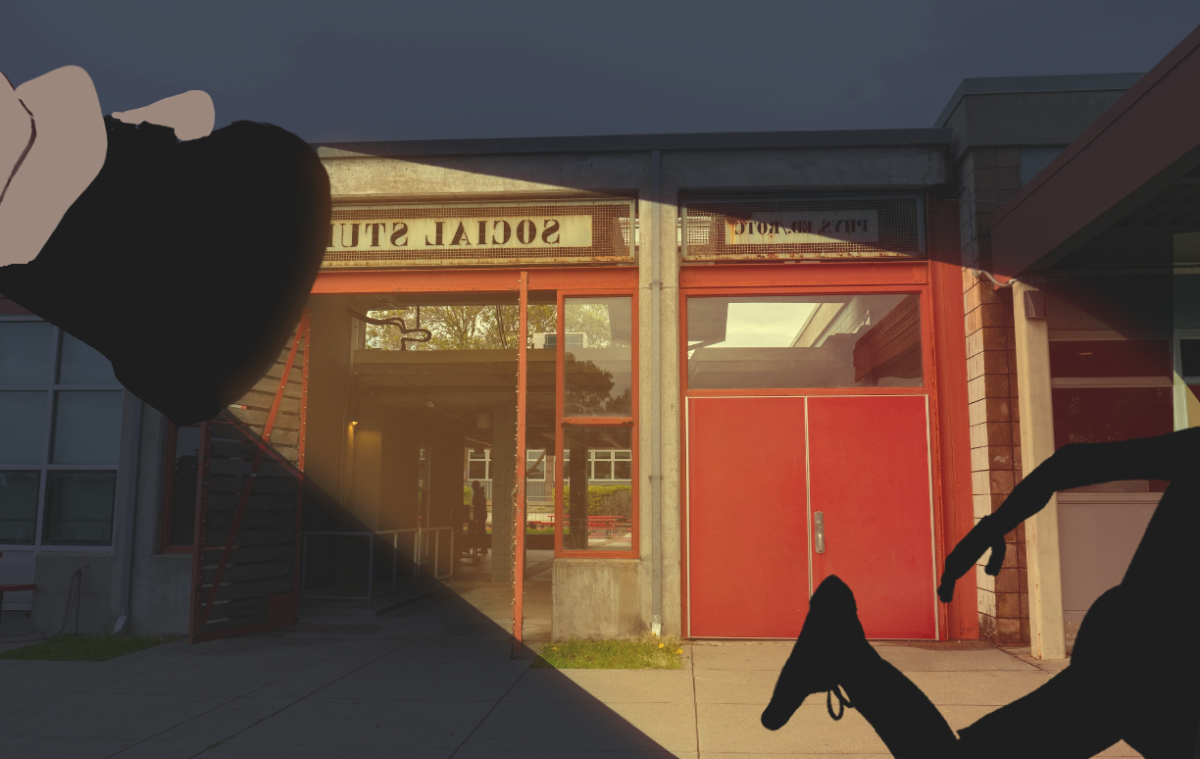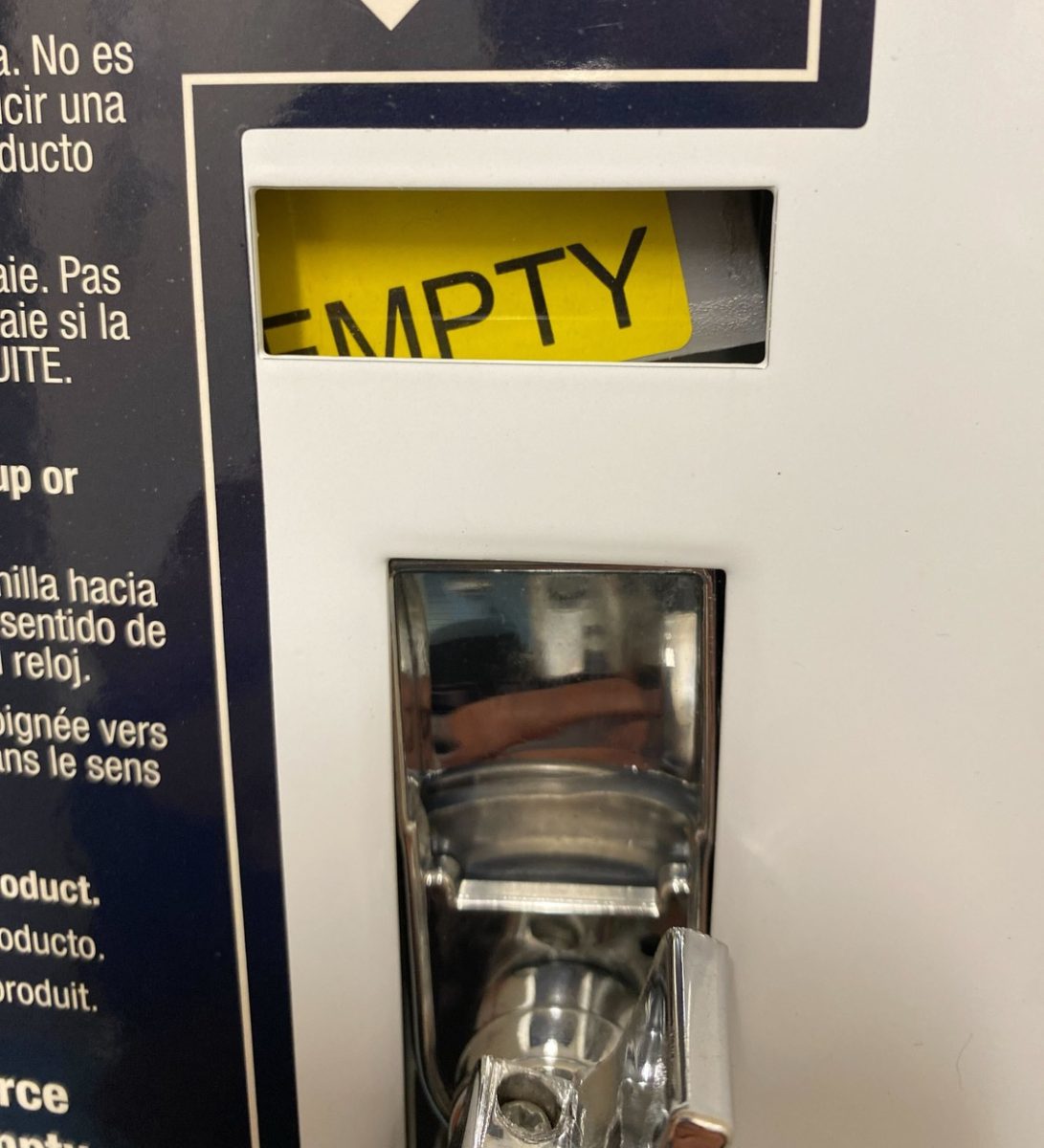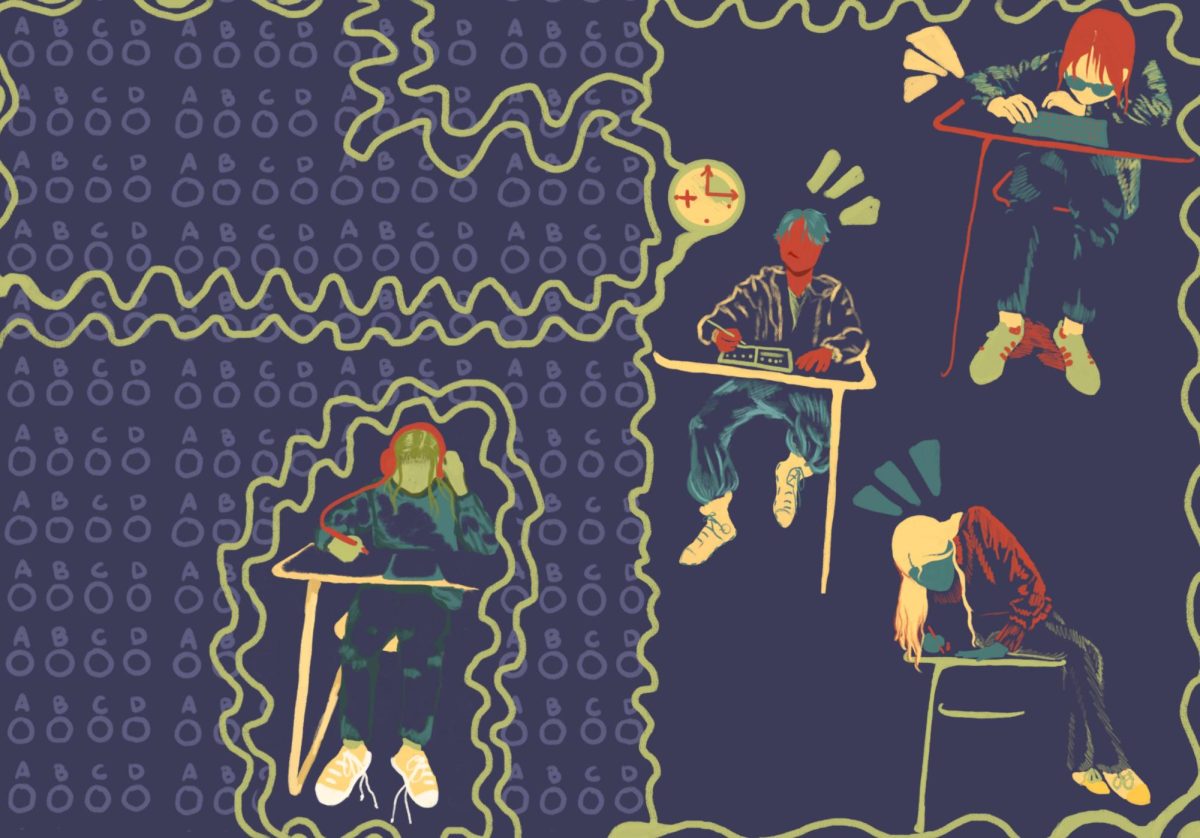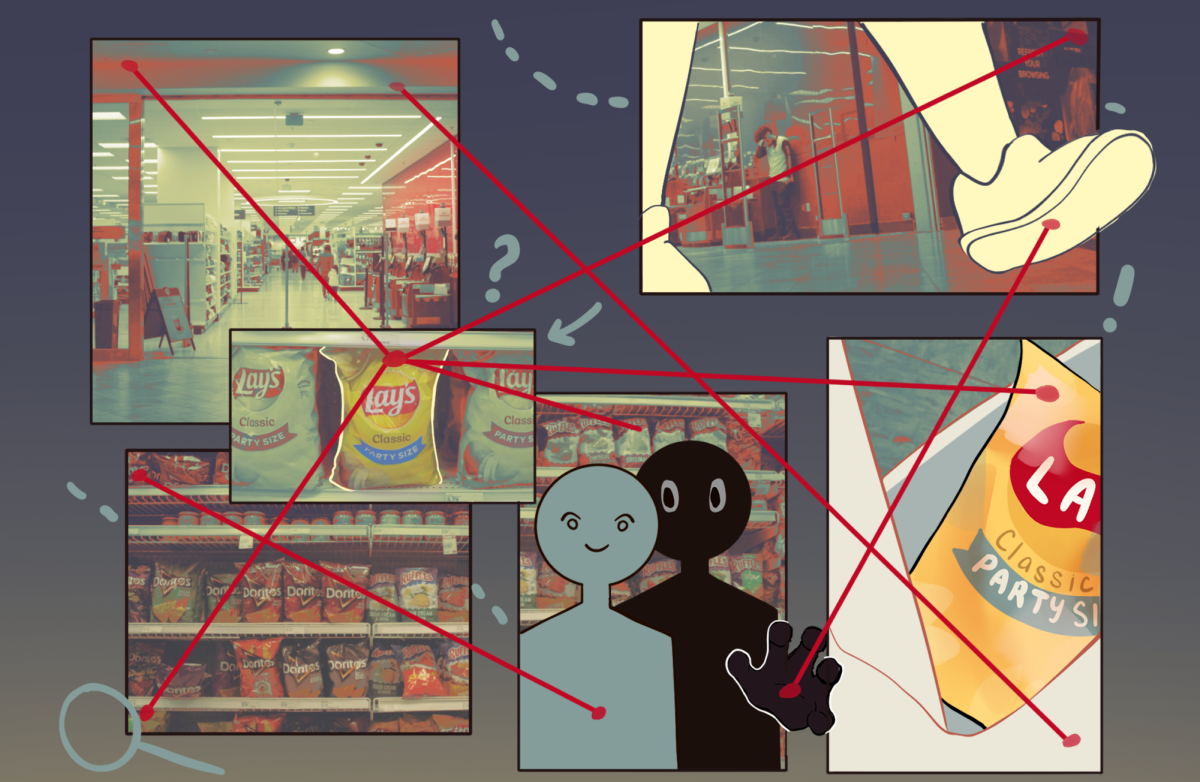Saying goodbye, part 1 of 3: Retiring teachers talk about their time at Lowell and what’s next for them
By Sarah Magen, Olivia Sohn and Jocelyn Xie
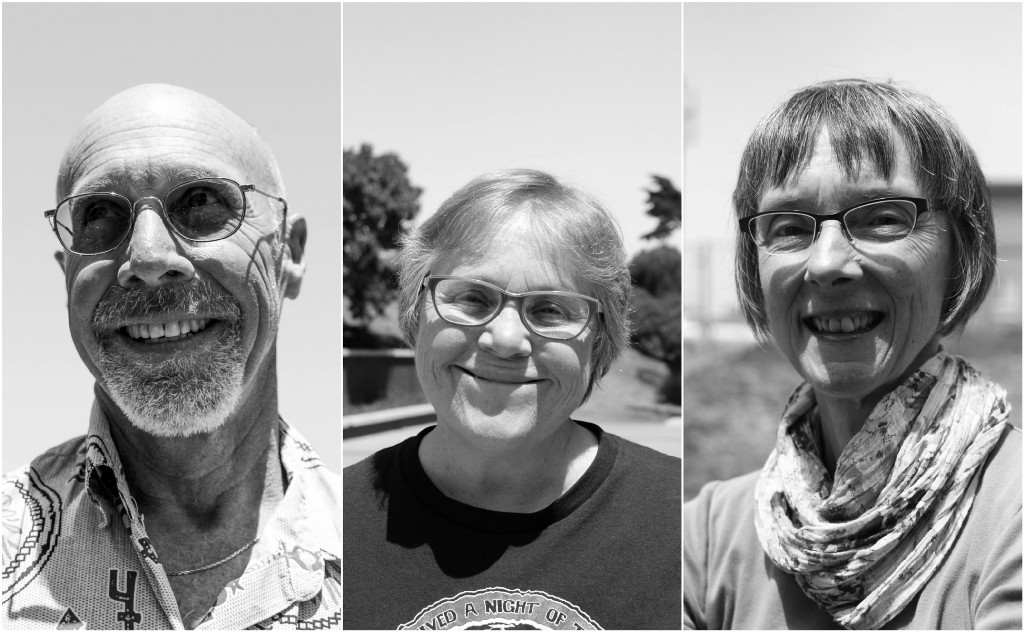
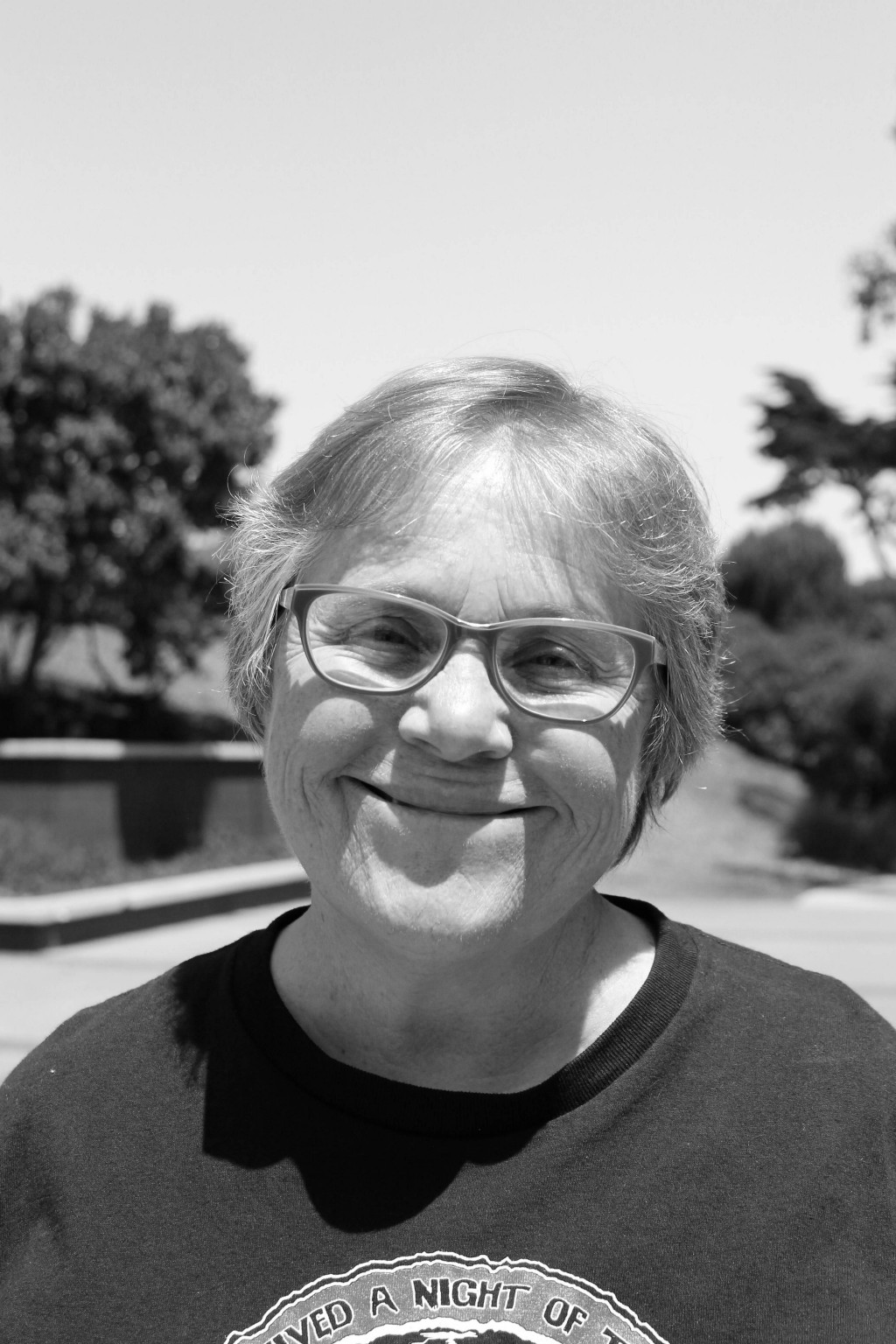
Sharn Matusek, English teacher
By Jocelyn Xie
Sharn Matusek has been an English teacher at Lowell, teaching poetry, American Literature, Film as Literature, and Comedy and Satire, as well as advising the journalism program. Matusek had known she wanted to be a teacher since third grade, and grew up admiring her sister, an English teacher at Berkeley high. Matusek’s favorite class to teach has been Film as Literature as she has always been a movie enthusiast.
Could you share with us about your background in education?
I’ve been teaching a long time, I actually realized I did my student teaching here in San Francisco 40 years ago. I was at Balboa High for two classes, and Luther Burbank Junior High for two classes as well. I had students of a lot of levels and experiences.
How has your older sister been an influence in your teaching? Did you consider her as a role model?
When I was a kid and she was teaching at Berkeley, I would go visit her. And she took me to see Romeo and Juliet at Berkeley High School, where she taught. She was definitely a role model, because she is such an interesting person, adventurous, and a good story teller.
Why do you like Film and Literature the most?
I love films. I was always somebody who went to so many films. When I was in my 20s, my friends knew they could ask me which film to see, because I’ve seen everything. Even now, I still like to see a big mix of different movies.
How do you integrate your interest in films into the English curriculum?
Often, I would have a film related to the topic. For example, for my 10th graders, their final would be seeing a short film and comparing the characters from the movie to the book.
Could you share a memorable moment from your teaching career?
Sometimes I feel I’ve made a difference on students, whether it is through teaching or personal connection. I had a student who wrote me a letter after she graduated. She wrote about how much I meant to her. She was a very shy girl. At one time, I took her and other students down to see a movie called Zoot Suit when it was first opened. It was a very meaningful movie for these students because they were Latinos, and it was part of their history. She wrote a paper about this movie and the newspaper published it. She had a whole different idea about what she could do and what she was capable of.
Could you talk about your teaching philosophy?
When I organize something to teach, I want to have a very strong reason why it would benefit the students to learn it, in terms of their being effective in the real-world and in communicating. And in part of that, I want them to write in an interesting way and convey something they really want to say. In school, students could be trained to write mechanically, but I push them to be strong writers and communicators.
What are some things you wish more people understood about teaching?
I wish more people knew that being a teacher is such a rich career. It is challenging, creative, and it makes you think deeply. It is just wonderful! I love it and I never get tired of teaching.
What do you find challenging about teaching?
Sometimes I will have students who have so much going on in their life, and feel unconnected to school. I don’t always find the key, sometimes I do, but sometimes I don’t.
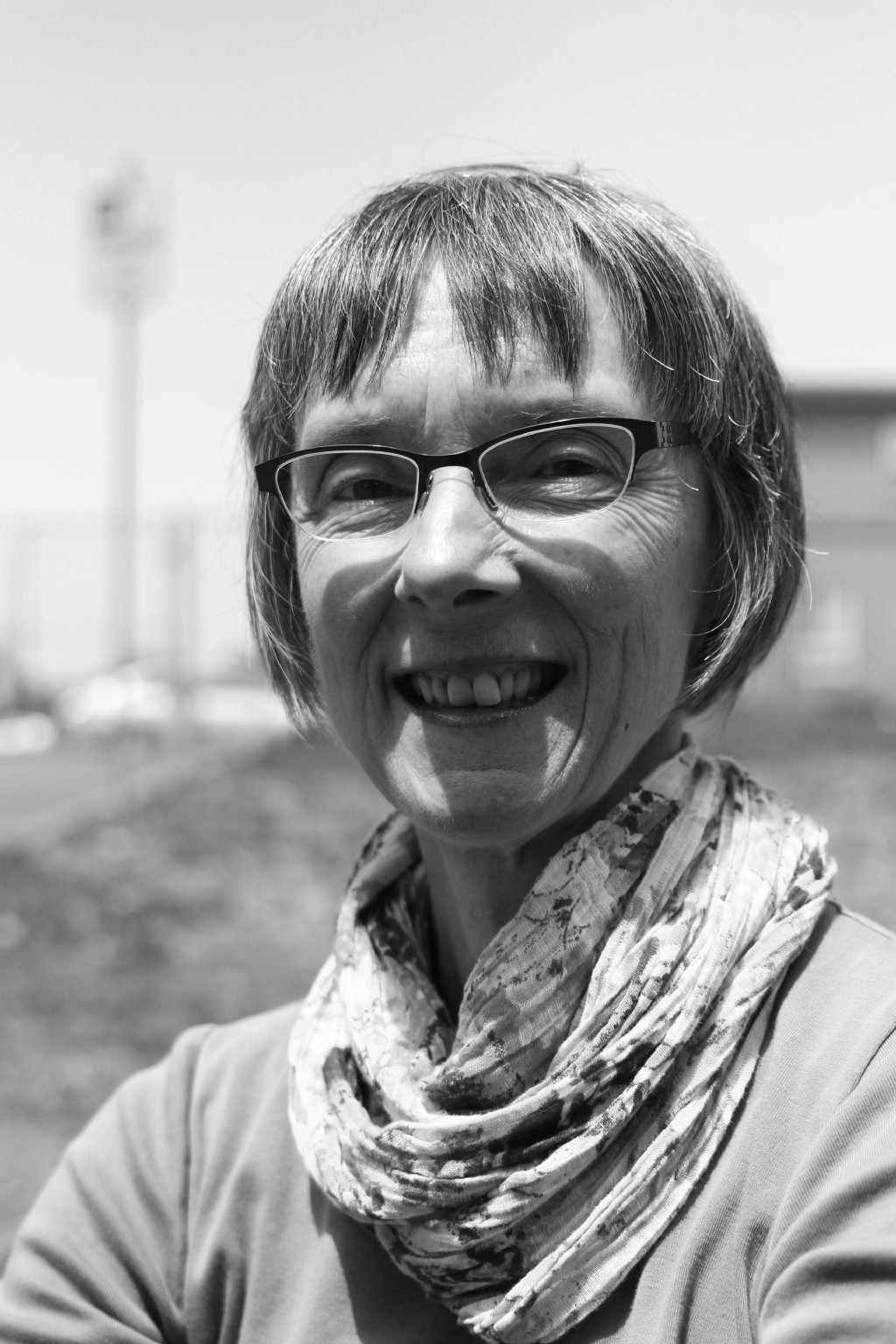
Michelle Winter, orchestra teacher
By Olivia Sohn
Michelle Winter has been teaching music at Lowell for the past quarter century, in which she has taught jazz band, AP music theory, piano, guitar and orchestra. Her love of music began with her family, when she took up music lessons after encouragement from her mother. After graduate school, Winter taught in England as a traveling violin and viola teacher. Then she came back to the United States, where she taught at Herbert Hoover Middle School for nine years before coming to Lowell.
What do you love about teaching AP music theory and orchestra?
I love making music with people, there’s just something about it that’s really satisfying and challenging. It’s a big responsibility to have 50–60 people there working with you. I don’t want to waste their time, and I want to send them away with the love of music and feeling joyful about being alive and being musicians.
Funniest Moment?
Around 1998, when the internet was just coming out and they were trying to bring the schools up to par, we didn’t have internet built in, so they retrofitted it very roughly. They drilled a hole in [the floor of the orchestra room] and up through the ROTC office, and they threaded wires through and dispersed them around. Later, they added internet and these became obsolete, but that little hole is still there. It only just got filled this week. So for 20 years, there’s been a hole in here.
One day, I got a call from Colonel Bullard [of JROTC]. He said, “Michelle, it’s been raining in my office, has there been a flood upstairs?” I said, “no.” He said, “It’s been coming through a little hole in my ceiling.” So I came in here and looked, and I saw a young trombonist practicing as we do … this kid was practicing, and the drops were going straight down there. It was just amazing, and everyone was laughing. It’s like local lore.
What has been your biggest challenge as a teacher?
It’s very challenging to teach students of very different levels of background all at once. The challenge has been to serve as many kids as possible, to nurture the ones with less experience as strongly or even more strongly as the others, to devise strategies so that everyone can grasp whatever the concept is and grow, and to design a grading system that is motivational, attainable and user friendly.
Have you been on Sabbatical?
I never did, because I love my job so much. [I love having] the chance to make music, which is the love of my life, with people who also want to do that same thing. I’m not wildly social just for social’s sake, but to have something really important and satisfying to do with other people, that’s my idea of heaven.
I didn’t ever want to hand my job over to anyone else, even for a little while. Until recently, the idea of retiring was not even on my radar screen. I loved [this job] so much I wanted to do it forever. But then I had a realization, ‘you’ve only got so much life span left. And much as you love doing this, Michelle, you’ve got to look at all the other things you’ve got to do.’ I had always thought I would do them while I was teaching, but I never did. So I’ve got to pull the plug much as I hate to do it.
What do you want students to take away from your class?
Joy of music, that’s it. The love of music which they already have to a great degree. But hopefully with this class they were face to face, heart to heart with music every single day and I think judging from the lovely things they said to me at spring concert, that is happening.
What’s next for you?
My husband and I are going to go to Edinburgh to go to an American Musical Instrument Society meeting, which should be interesting. We volunteer to help edit an online database of early pianos, so we’ll be able to visit these pianos to get more info on them to add to the database.
As for me, I’ve always wanted to produce teaching materials related to AP music theory and orchestra. I always thought I would produce them and add them in my own teaching, but I was always too busy to do that. So I want to sit down and complete those projects. Even though I won’t use them in my own teaching, hopefully other people will and they will appreciate them, just like I appreciate all the materials that were handed down to me by generations before me.

Richard Girling, social studies teacher
By Sarah Magen
“I always thought of teaching as secular priesthood,” social studies teacher Richard Girling said. “I’m not religious but I do have very strong beliefs and teaching is a way of communicating beliefs that I think are important and ideas that are important to a broad number of people.”
Girling has been working at Lowell for the past twenty six years, teaching Black History, U.S. History, American Democracy, and both Advanced Placement and regular Economics and World History. Prior to coming to Lowell, he taught at Galileo Academy of Science and Technology and spent a year teaching abroad at a school in East Belfast. Last year, Girling also planned and hosted a summer exchange program with Kantonsschule Enge High School in Zurich, Switzerland.
What has been your funniest moment at Lowell?
It’s kind of funny that I was teaching the child of a child who I taught at Galileo. That’s when I realised that I was getting close to the “R word” [retirement]. And the funny thing is, I remembered that student like it was yesterday. It was probably the second or third year I was teaching, and she was someone who I really cared about, a real interesting student. And all these years later, I find out I had been teaching her children, and two of her kids went here.
What has been your biggest challenge as a teacher?
Every year there’s a new challenge. I find it difficult to teach when our country’s at war, the Iraq war was really hard. Everyone was supporting it, but I was against it. There hasn’t been a war that I’ve supported since WWII. I’m not quite a pacifist but I’m pretty close. It’s challenging for me now with the president we have — how to not ignore the situation we’re in without being a downer.
It’s especially challenging for social studies teachers because we don’t want to be biased, but sometimes you have to take a stand if things are so wrong that you have to speak out. People wonder why teachers have tenure. That’s why teachers have tenure. Because if we didn’t, no one would say anything bad about the government.
How has your teaching style changed over the years?
I was much more idealistic when I started. When I came, I was like the youngest teacher at Lowell. I came here in my thirties, and there were a lot of older teachers who were very stuck in their ways. But if you don’t have young people, you don’t have new ideas. I don’t work quite as hard as I used to — I can’t stay up to 11 or 12 grading papers anymore.
What was it like teaching at Lowell while your son attended?
It was actually really pleasant. My older son is a very loving person — he would come into the office, give me a hug and say, “Hi Dad, love ya.” It was much easier than I thought it would be. I wouldn’t let him enroll in my class, but I taught friends of his.
What have your students taught you?
To be more tolerant, to be more accepting. It’s the same things your kids teach you. [Students] can do everything. I try to make students aware of what they can do themselves.
What has the community at Lowell been like for you?
The thing that has kept me going, and the thing that will be the hardest to leave, is the people. People who just laugh and smile and have a great time, who are exploring life. I have made a lot of friends here, and this staff that I’ve worked with throughout the years has been super important.
What’s next for you?
That’s anybody’s question. I’ll do something involved with politics. I like to ride my bike, I like to swim, hike, ski. My wife and I are into a lot of outdoorsy stuff, so I’ll continue doing that.
It’s a little scary. It’s a different stage in your life. It’s not like I want to stop working, it’s just that I want to stop teaching. If I could teach without correcting papers, without doing grades, then I’d go out and do it for another ten years. But I’m ready for a change.



